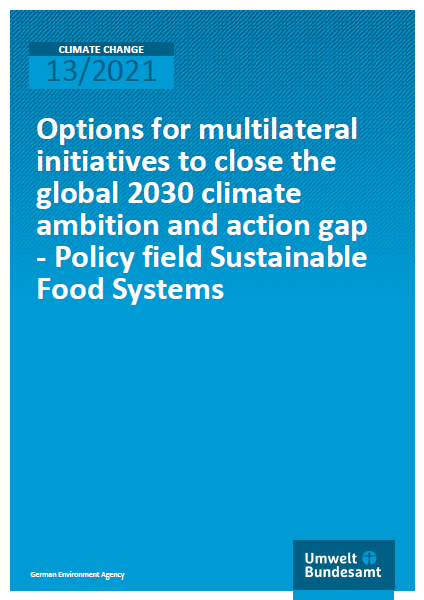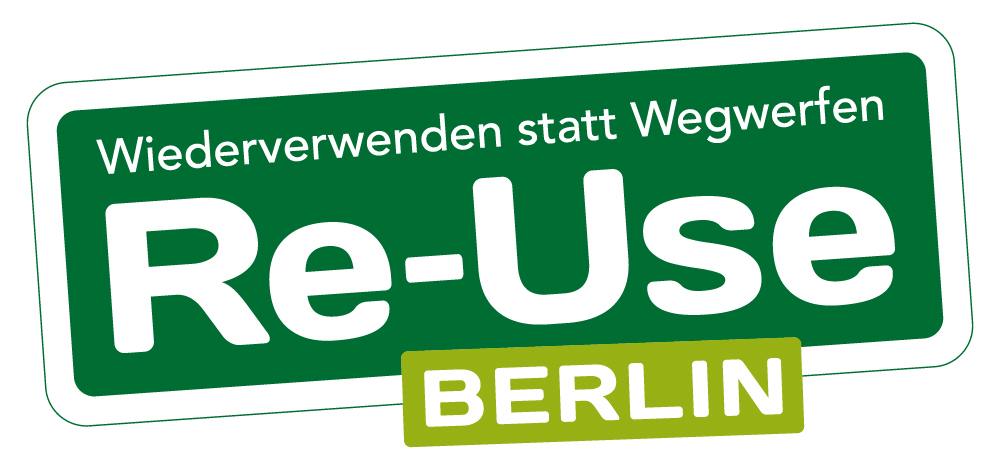Publication:Article
Event:Conference
Event:Workshop
Project
Project
Peatland Rewetting In Nitrogen-Contaminated Environments (PRINCESS)
Synergies and trade-offs between biodiversity, climate, water quality and Society
-
Read moreProject
Bottom-up, Sustainable, Renewable (BSR) Lab for Just Transition in Polish and German Coal Regions
European Climate Initiative EUKI 2020
-
Read moreProject
A "Fit for 55" Package Based on Environmental Integrity and Solidarity
A policy toolkit to make carbon pricing work for all Europeans
-
Read moreProject:Horizon 2020
Publication:Policy Brief
Options for Multilateral Initiatives to Close the Global 2030 Climate Ambition and Action Gap
Policy Field Sustainable Food Systems
Year
Read moreEvent:Digital Event


